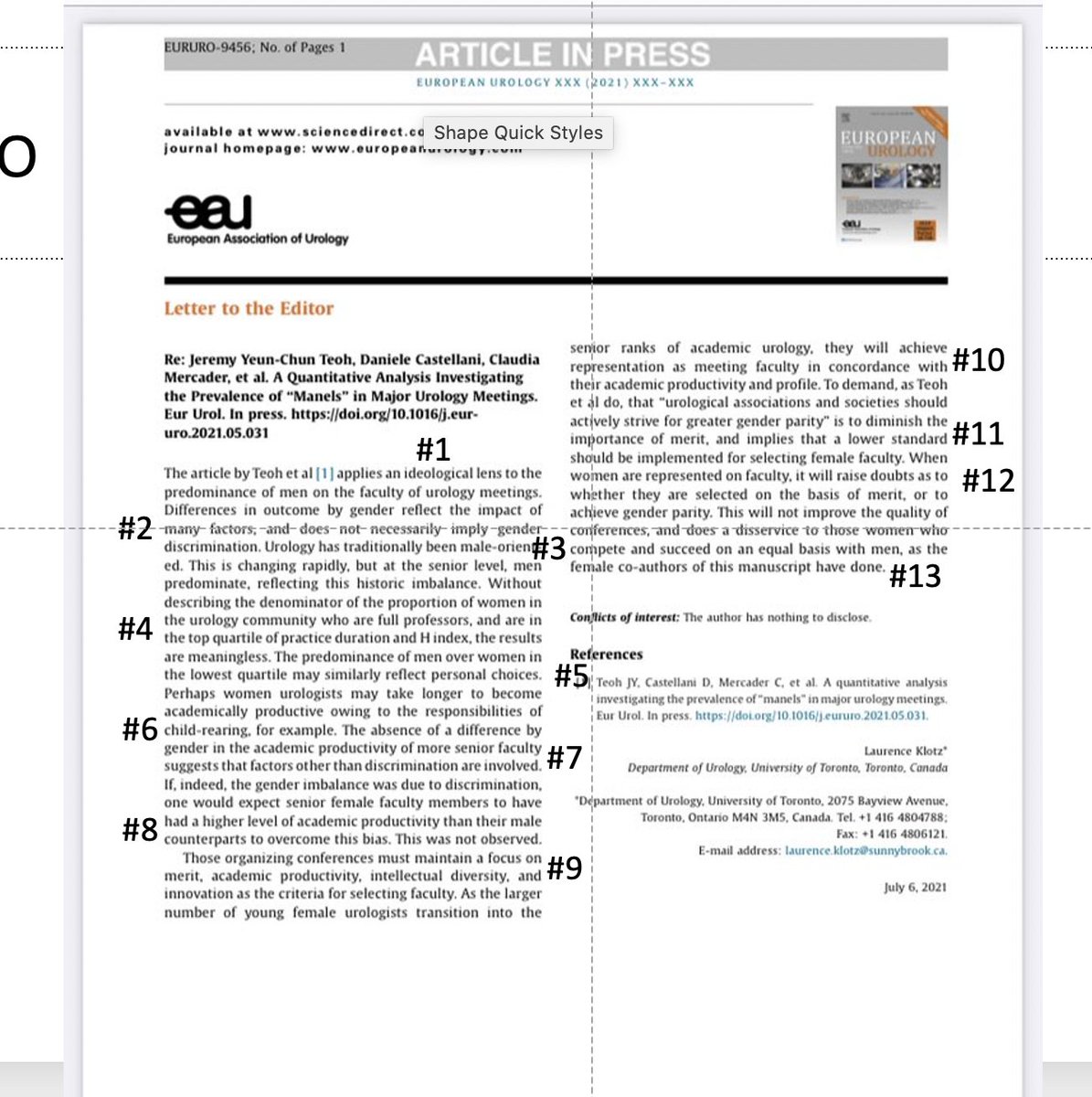
It's not every day your piece is front and center on the @TheLancet homepage!!
I was delighted to work with @reshmajagsi on this commentary covering what institutions should do to reverse the damage the pandemic has done to women's careers. 🧵
thelancet.com/action/showPdf…
1/
I was delighted to work with @reshmajagsi on this commentary covering what institutions should do to reverse the damage the pandemic has done to women's careers. 🧵
thelancet.com/action/showPdf…
1/

We have four major recommendations. "First, institutions must intentionally implement best practices to recruit, select, retain, and promote women..."
This would include criterion-based evaluations and transparency regarding roles and compensation.
2/

This would include criterion-based evaluations and transparency regarding roles and compensation.
2/


"Second, institutions should ensure they provide paid parental leave and resources to support caregiving. Flexible options...can be helpful if they are part of a broader approach that recognizes the existence of family responsibilities for all employees."
3/
3/

"Third, academic institutions should ensure that women researchers receive adequate funding to mitigate any longer-term impacts of the COVID-19 pandemic on their contributions to medical science."
4/
4/

"Finally, institutions should more proactively address workplace gender bias and harassment, which have worsened and taken on new forms with virtual work, particularly for non-white women."
Indeed, none of this will work without attention to intersectionality.
5/
Indeed, none of this will work without attention to intersectionality.
5/

"The leading institutions of the future will be the ones who make the choice now, in this moment of uncertainty, to reverse the pandemic-induced backsliding of women's careers."
Pls share what your institutions are doing below!
6/6
Pls share what your institutions are doing below!
6/6

PS Huge thank you to @jocalynclark for inviting us to write this and for giving critical feedback. Please also check out the other articles in the "Advancing women in science and health" collection!
thelancet.com
thelancet.com
• • •
Missing some Tweet in this thread? You can try to
force a refresh








